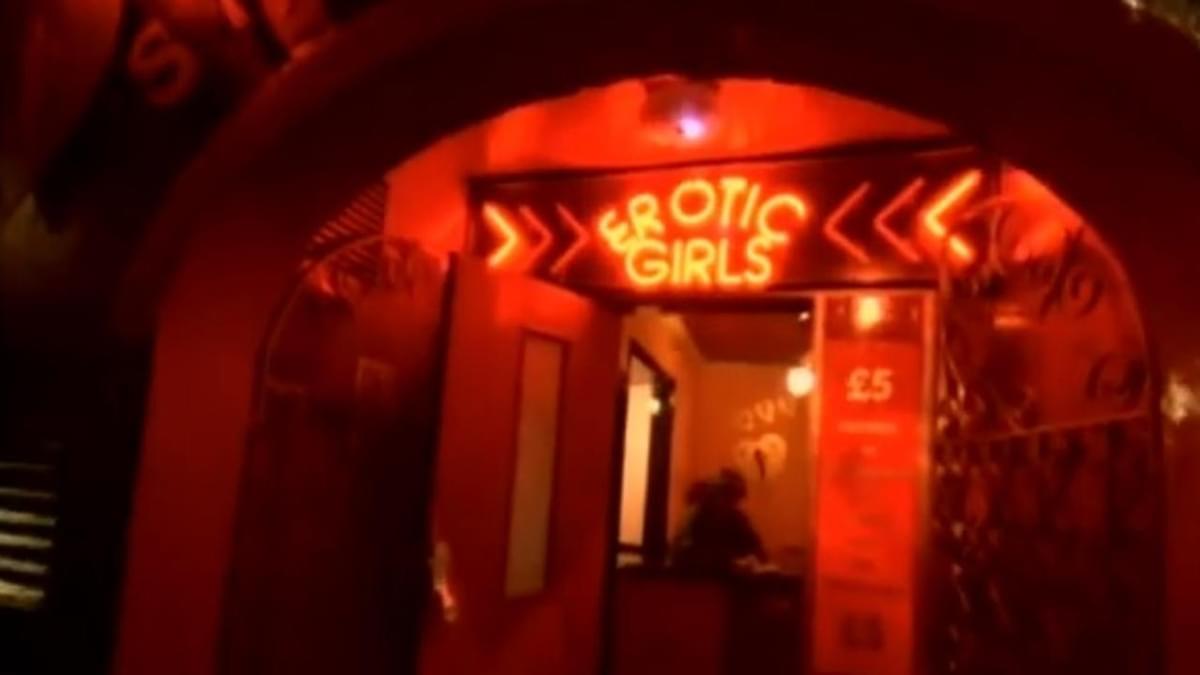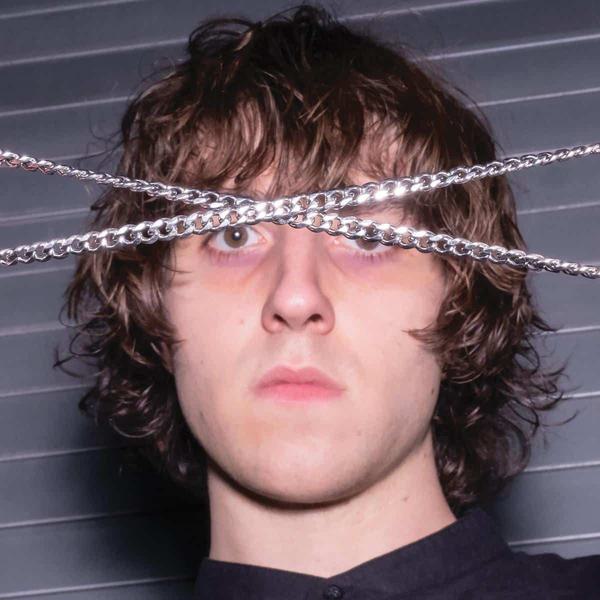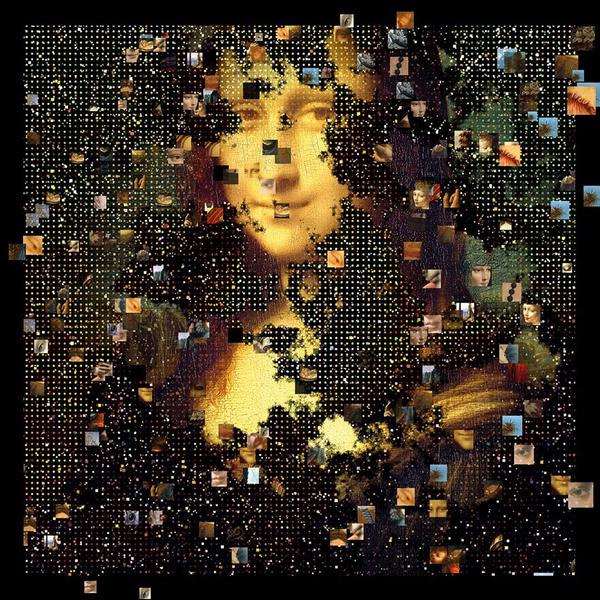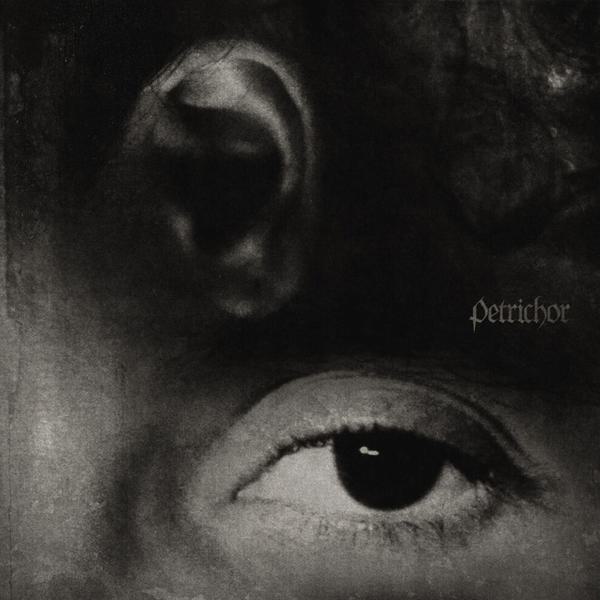
Offending Auntie: Ten Songs Banned By The BBC
We look back at key moments in the BBC's battle with popular music and tell the stories behind ten amazing songs that fell foul of the organisation's censors.
To those outside the UK who aren’t aware, if you own a television in the UK then you’re legally compelled to also purchase a yearly license to watch it, with the revenue funding the BBC.
As a publicly-funded organisation the broadcasting behemoth is theoretically meant to operate in line with both the concerns and interests of the British public. With a long and well documented history of bans – from the Sex Pistols to Serge Gainsbourg – the BBC has taken issue with some of music’s most iconic and beloved songs.
It’s a difficult line to walk and one that rarely keeps the majority of the UK happy. Here are ten tracks which show Auntie‘s changing attitudes to music throughout the last seventy years.
10. Dead Kennedys – ‘Too Drunk to Fuck’ (1981)
Dropping the F-bomb these days rarely raises an eyebrow and the use of profanity in music is anticipated, with alternate versions of tracks or appropriately pre-censored cuts being released. Back in 1981, when Californian punks Dead Kennedys released their fourth single ‘Too Drunk To Fuck’, this wasn’t the case.
Jello Biafra’s dark, nihilistic and hilarious take on alcohol-infused chaos peaked at number 36 in the UK charts during May of that year, becoming the first song to ever breach the top forty with the F-word in its title.
During the countdown, presenter Tony Blackburn avoided naming it by simple referencing ‘”a record by a group calling themselves The Dead Kennedys”. In stores around the country, stickers were supplied to to obscure the song’s title, stating: “Caution: You are the victim of yet another stodgy retailer afraid to warp your mind by revealing the title of this record so peel slowly and see…”.
9. Scott Walker – ‘Jackie’ (1967)
The death penalty for sex between two men existed in the UK until 1861, following a ruling in 1533 (during the Henry VIII’s reign) that made sodomy a felony.
Indeed, all male homosexual acts – categorised as ‘gross indecency’ – were outlawed in 1885 by the Labouchere Amendment until 1967 when the Wolfenden Report led sexual acts between of-age males to become legal (bizarrely, only when no more than two people were present in the same room).
In the same year as the law change, the BBC got all hot and bothered about Scott Walker’s ‘Jackie’. The centrepiece of Walker’s Brel covers, the song’s reference to “authentic queers and phony virgins” was simply too much for senior bosses who forbade the song from airplay. It would take many, many years for them – and other public bodies – to adjust their points of view. Many would say the UK still has a lot of catching up to do in certain areas.
8. The Beatles – ‘Lucy In The Sky With Diamonds’ (1967)
Supposedly inspired by a nursery school painting from John Lennon’s son Julian, the Beeb’s reaction to The Beatles’ ode to lysergic acid diethylamide was yet another example of the corporation’s lack to understanding when it came to contemporary youth culture.
The band denied it ever had anything to drugs, naturally, citing the Julian Lennon origin-story until well into the late seventies. The elder Lennon claimed, “I never even thought of it …I mean, who would ever bother to look at initials of a title? It’s not an acid song.”
Paul McCartney eventually acknowledged the song’s link to the drug. “It’s pretty obvious,” he said in a 2004 interview, “but, you know, it’s easy to overestimate the influence of drugs on the Beatles’ music.”
7. The Prodigy – ‘Smack My Bitch Up’ (1997)
It was named the most controversial song of all time in a recent survey and only a lyric-free version was allowed on BBC’s flagship station, Radio 1. The Prodigy’s ‘Smack My Bitch Up’ ran up more bans, controversy and column inches than most songs of recent times – perhaps only the Thatcher/Ding Dong controversy has mobilised a similar shitstorm.
Unlike most BBC bans, many liberal commentators did actually back the corporation’s decision against the track and its accompanying video, which puported to subvert the songs’s misogyny via the “shock” ending – showing that the (presumably) male point of view that accompanies a night of debauchery, drugs, lapdancing and violence is actually that of a woman.
The BBC referred to the track simply as ‘Smack’ in chart rundowns. MTV eventually relented and showed the video way after the watershed. Fifteen years on, the lyric and visuals remain as potent as ever.
6. Donna Summer – Love to Love You’ (1976)
One of the highlights of Donna Summer’s creative partnership with Italian producer Giorgio Moroder, 1975′s ‘Love to Love You Baby’ contained the most explicit set of simulated sex noises since Serge Gainsbourg and Jane Birkin’s ‘Je t’aime… moi non plus’ from seven years earlier. 23 seconds of faked orgasms were counted in the song, which reached number four in the UK charts.
Summer claimed she had to be left alone in the studio, with the lights dimmed, during recording. The airwave ban didn’t diminish the song’s impact in the discos, where it earned Summer the dubious title “the First Lady of Lust” and became one of the first ever disco tracks to be issued in an extended format.
5. Ricky Valance – ‘Tell Laura I Love Her’ (1960)
Many have now forgotten about death rock – that utterly bizarre collection of tracks from the late 1950s and early 60s that dealt with teenage tragedy, sung from the viewpoint of either the griever or the deceased.
Ricky Valance’s version of ‘Tell Laura I Love Her’ followed Ray Peterson’s stateside success with the same track earlier in 1960 and tells the story of a boy named Tommy who falls foul to a car crash during a race intended to win him the cash to buy a wedding ring for the eponymous Laura.
Of course the track is overwrought, melodrama at its finest, but Decca Records apparently destroyed thousands of copies of the Peterson version, claiming it was in bad taste and too much “for the English sensibility”. The BBC’s condemnation of Ricky Valance’s version was apparently due to different reasons though – the corporation cited a serious of fatal road accidents as evidence of copycat activity and imposed the ban out of concern for the nation’s youth.
4. Heaven 17 – ‘(We Don’t Need This) Facist Groove Thang’ (1981)
Very much a track of its time, Heaven 17′s minor 1981 hit – which references Hitler and Reagan – was released two years into Thatcher’s first term as Prime Minister. The song’s denouncement of facisim and racism was too much for the BBC, who banned it due to concerns of libel against the then US President, with the offending lines “Across that great wide ocean/Reagan’s president elect/Fascist god in motion/Generals tell him what to do”.
Writer Stewart Mason pointed out the absurdity of the ban: “The lyrics put images of Margaret Thatcher and Ronald Reagan getting down P-Funk style into the listener’s head, a concept that’s certainly worth a giggle just by itself.”
3. The Pogues & Kirsty MacColl- ‘Fairytale of New York’ (1987)
The Pogues were no stranger to seeing their songs the subject of both poltical and media censure. 1998′s ‘Streets of Sorrow/Birmingham Six‘ – a song which says little more than ‘why can’t you catch the right people?’ – was banned under the same laws that denied direct interviews with members of Sinn Féin and other political groups (leading to a bizarre era where the likes of Gerry Adams could only appear on camera in shadow with his voice pitch shifted or dubbed).
A year earlier, the BBC had banned another Pogues track under similarly ridiculous circumstances. The use of “slut”, “faggot” and “arse” in 1987′s (now-classic) ‘Fairytale of New York’ really wasn’t that offensive in context – a drunken couple exchanging insults to one another on Christmas Eve – but the BBC would only allowed the song to appear on Top of the Pops if the lyrics were changed.
On the 17 December edition of the show, The Pogues and Kirsty MacColl performed the song with the latter compelled to use the less offensive Americanisation of the word “ass”. MacColl obliged but made sure to slap her “arse” in defiance. The song would eventually be broadcast intact until, in 2007, the band was re-imposed.
“I don’t think they listened to the reality of what the song was actually about”, commented The Pogues’ banjo player and song co-writer Jem Finer. “It wasn’t gratuitous at all. There was nothing gratuitous about the language. I think they imposed a gratuity in there that didn’t exist.”
Within hours of the second ban – and the subsequent reaction from a nation who had come to associate it with Christmas as much a mince pies and the Queen’s Speech – Radio 1 controller Andy Parfitt relented. “It is an embarrassing day for Radio One,” he said at the time, “but I firmly believe that if you feel a decision has been made that is wrong, you should clearly come out and say that it’s wrong and reverse it and I do think that after spending some time carefully considering the issue, the decision was wrong and it needed to be overturned and that we will play the unedited version of this great song from now on.”
2. D-Mob – ‘We Call It Acieeed’ (1988)
The late eighties saw the biggest attack on youth culture – spearheaded largely by the tabloids – since punk. The acid house ‘movement’ was represented in the press via hedonistic raves and the rise of MDMA (and resurgence of LSD) as the drug of choice, with the smiley face symbol as a unique identifier for all aspects of the scene.
The ‘Second Summer of Love’ had seen the rise of a Chicago sound infused with a progressive English approach to creativity, following a now infamous/legendary holiday taken by Danny Rampling, Paul Oakenfold, Nicky Holloway and Johnny Walker to Ibiza. No-one could have guessed just how big things would get.

“Spaced Out” ran the headline in a 1988 edition of The Sun, and other newspapers similarly condemned the entire scene as a ‘sadistic cult’ (although an interesting World in Action report from the time attempted to take a more balanced view).
The BBC took to banning almost anything they saw as glorifying the scene – things hadn’t really moved on since The Beatles and ‘Lucy in the Sky with Diamonds’. Anything bearing the word ‘acid’ in either title or lyric was automatically on the list, with the seminal ‘Acid Man’ by Jolly Roger being one of the first to go.
D-Mob’s more polished and chart-friendly ‘We Call It Acieeed’, released in October 1988, did manage to get some limited airplay before being removed from the airwaves entirely and the band returned a year later with a more Smash Hits-friendly face - that of Cathy Dennis.
1. Carter the Unstoppable Sex Machine - "Bloodsport for All" (1991)
If we learnt anything from History GCSE, it’s that the intersection between the media and the government in a period of conflict is a tense one. Though a smaller retrospective zoom lens than you might expect is required to find cases of heavy, and arguably ridiculously overzealous, censorship justified under the banner of wartime spirit. Whilst the function of a publically funded broadcaster might be to err on the side of caution when dealing with potentially “explosive” material, some of the moves taken by Auntie Beeb to stuff cotton wool in its consumers’ ears seem a little cautious.
Under Thatcher herself, the 1982 track from New Zealanders Split Enz titled ‘Six Months in a Leaky Boat’ was banned for fear the reference to faulty vessels might result in negative morale. Even during the Gulf War, in the relatively recent dawn of the 90’s, the BBC cast a blanket ban over any song, or band titles that could be even remotely perceived as carrying a violent reference. Despite the reference probably more relevant to the world of synthesisers than shells, Massive Attack had to shorten their name to the absurd “Massive” (ironically reverting to their full title for the single ‘Safe From Harm’) in what they called “a ridiculous, pointless exercise for everyone”.
Whilst The Cure’s ‘Killing an Arab’ arguably took a merited time out, misplaced geography and an apparent fear that mild-mannered crooning would incite uproar meant “Walk Like an Egyptian” by The Bangles and Rod Stewart’s “Sailing” took a rest from the airwaves. And the only thing dangerous about ‘In the Air Tonight’ by Phil Collins is the drum break. ‘Boom Bang-a-Bang’ by Lulu was also blacklisted, though whether it was due to the aggressive nature with which she wanted a cuddle or the fact it was a reminder of the Eurovision glory days is unclear.
For this list, however, we’ve pipped for a band censored in the Gulf War period that were slightly more accustomed to controversy. Carter the Unstoppable Sex Machine (or Carter USM) made it through the moniker test, but their rallying attack on racism and bullying in the army, ‘Bloodsport for All’, proved regrettably stoppable with its 1991 ban. This suppression only fueled the band’s rise, however, with a resulting world tour, and second on the bill appearance at Reading Festival, at which they reportedly stole the show from headliners James. In 1995, co-leader Fruitbat was clearly still nursing his wounds, referring to “the good old British bobby” as “The John Major equivalent of Hitler’s Brownshirts”. I doubt Donny Osmond, also banned on the same list, had quite as much to say about the issue.
Get the Best Fit take on the week in music direct to your inbox every Friday

Cameron Winter
Heavy Metal

Sasha
Da Vinci Genius






